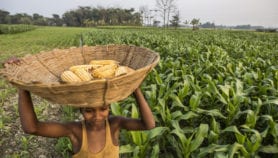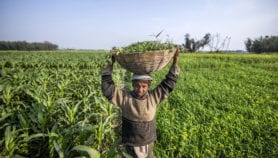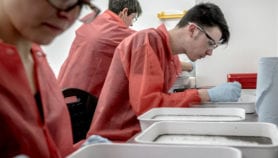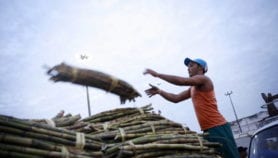By: Wagdy Sawahel
Send to a friend
The details you provide on this page will not be used to send unsolicited email, and will not be sold to a 3rd party. See privacy policy.
[CAIRO] Qatar last month announced two projects to boost agricultural cooperation and food safety in the Gulf region: an online information centre on agricultural research, and a research centre for agricultural biotechnology.
The initiatives are intended to serve researchers both in Qatar and the Gulf region. They were launched at last month’s meeting of the agricultural committee of the Gulf Cooperation Council, which promotes cooperation between Bahrain, Kuwait, Oman, Qatar, Saudi Arabia and the United Arab Emirates.
The Gulf Net of Agriculture Research website will publish details of Gulf nations’ agricultural strategies and research programmes. It will also host a database of agricultural research papers published in Arabic or English by scientists in those countries.
Researchers will be able to upload the full text of their papers to the website, or provide contact and publication details so that visitors to the website can request the full paper.
For research that has not been peer reviewed, the database will only include a summary.
Qatar’s minister of municipal affairs and agriculture, Sultan bin Hassan Al Dhabit Al Dousari, said at the website’s launch that it would improve food security in the region by increasing access to information on agricultural research.
At the same meeting, the Gulf Cooperation Council countries agreed to establish the Gulf Agro-Biotechnology Centre in Qatar.
According to Al Dousari, the centre will provide training courses and workshops, and conduct research on crop resistance to drought, salinity and high temperature.
Jointly funded by the the Gulf Cooperation Council and Qatar, the centre will conserve local genetic diversity in a gene bank that will include collections of seeds and plant tissues as well as living collections of plants.
The centre will promote awareness of biotechnology among scientific, education and business communities by organising specifically tailored lectures. It will also produce reports on issues related to biotechnology such as intellectual property rights, bio-safety and potential socio-economic impacts.












